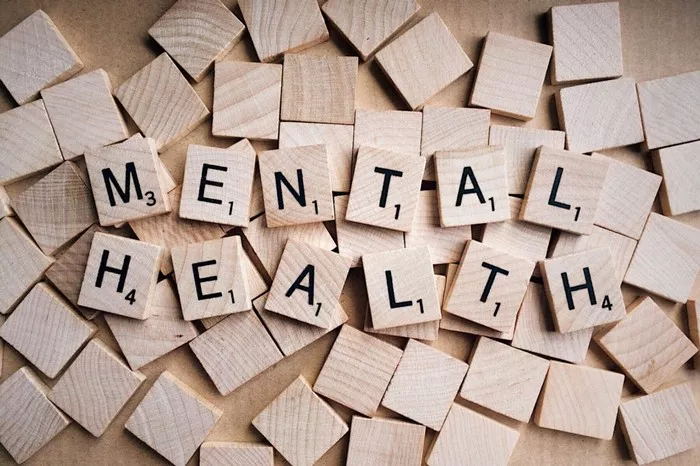Sudan is facing a severe cholera outbreak that has claimed 172 lives and infected 2,700 people in the past week, according to the Ministry of Health. The majority of cases, approximately 90%, have been reported in Khartoum State, which is struggling with critical shortages of water and electricity due to ongoing armed clashes.
Sudanese health officials say this surge represents the worst cholera outbreak since the war erupted in April 2023 between the paramilitary Rapid Support Forces (RSF) and the Sudanese Armed Forces. The fighting has devastated the country’s fragile infrastructure, severely damaging water treatment plants and health facilities.
Residents in Khartoum have been forced to depend on unsafe water sources after RSF drone strikes targeted three power plants earlier this month. The attacks cut electricity needed to operate the city’s water treatment systems. On May 25, images from Khartoum showed crowds gathering at improvised water distribution points amid a collapse of municipal supply.
Médecins Sans Frontières (MSF) confirmed that water treatment stations remain offline. Suleiman Amar, MSF’s medical coordinator in Khartoum, stated, “These facilities no longer have electricity and cannot provide clean water from the Nile.”
Cholera is a deadly diarrheal disease caused by ingesting contaminated water or food. Without prompt treatment, it can cause death within hours. The illness is preventable and treatable with access to clean water, sanitation, and medical care—services largely unavailable in Sudan due to the conflict.
Health System on the Brink
The World Health Organization (WHO) warns Sudan’s health system is collapsing. The Sudanese Doctors’ Union reports nearly 90% of hospitals across the country have closed. Medical centers have suffered repeated attacks, including bombings and looting.
Last week, the Health Ministry reported over 2,300 cholera cases and 51 deaths in the previous three weeks, mainly in Khartoum. However, new infections are emerging in southern, central, and northern regions, raising concerns about wider spread.
Although the RSF was expelled from its last position in the capital recently, the destruction to vital infrastructure has already deprived millions of access to clean water, sanitation, and healthcare. These conditions are fueling rapid transmission of waterborne diseases.
Conflict’s Humanitarian Toll
Now in its third year, Sudan’s civil war has resulted in tens of thousands of deaths and displaced over 13 million people, creating what aid groups describe as one of the world’s most severe displacement and hunger crises. Entire communities have been uprooted and many live in overcrowded camps with inadequate hygiene facilities.
The cholera outbreak is the latest public health emergency worsened by ongoing violence. While cholera is endemic in Sudan, outbreaks have become more frequent and deadly due to the destruction of water and sanitation infrastructure.
Humanitarian organizations are urgently calling for a ceasefire to enable aid delivery and prevent further disaster. The United Nations recently warned, “Unless the war ends, Sudan faces the abyss,” highlighting the threat of widespread starvation and disease.
Global Reactions and Sanctions
International concern is mounting. The United States announced sanctions after confirming reports of chemical weapon use in the conflict. Human rights organizations and global observers are urging all parties to cease hostilities and restore humanitarian access.
Meanwhile, groups such as MSF and WHO continue to provide critical medical services under extremely challenging conditions, although insecurity limits their reach.
The conflict’s impact extends beyond Sudan’s borders. Neighboring Ethiopia is grappling with deteriorating health conditions among South Sudanese refugees, while hundreds of thousands of displaced Sudanese remain stranded with limited assistance.
As cholera and other preventable diseases continue to spread, the people of Sudan suffer the devastating consequences of protracted war and insufficient international intervention.
Related Topics

































